The much-anticipated launch of Nvidia's RTX 5090 and RTX 5080 GPUs is set for January 30, but concerns about potential shortages are already making waves. Eager buyers are even camping outside stores in hopes of securing one of these highly sought-after graphics cards, despite their steep price tags of $1,999 for the RTX 5090 and $999 for the RTX 5080.
Manufacturer MSI, as reported by WCCFTech, has warned that the initial supply of these GPUs will be limited due to the Lunar New Year, also known as Chinese New Year. This holiday is expected to impact the first wave of shipments, with stock levels anticipated to improve throughout February and beyond.
Nvidia GeForce RTX 5090 – Photos
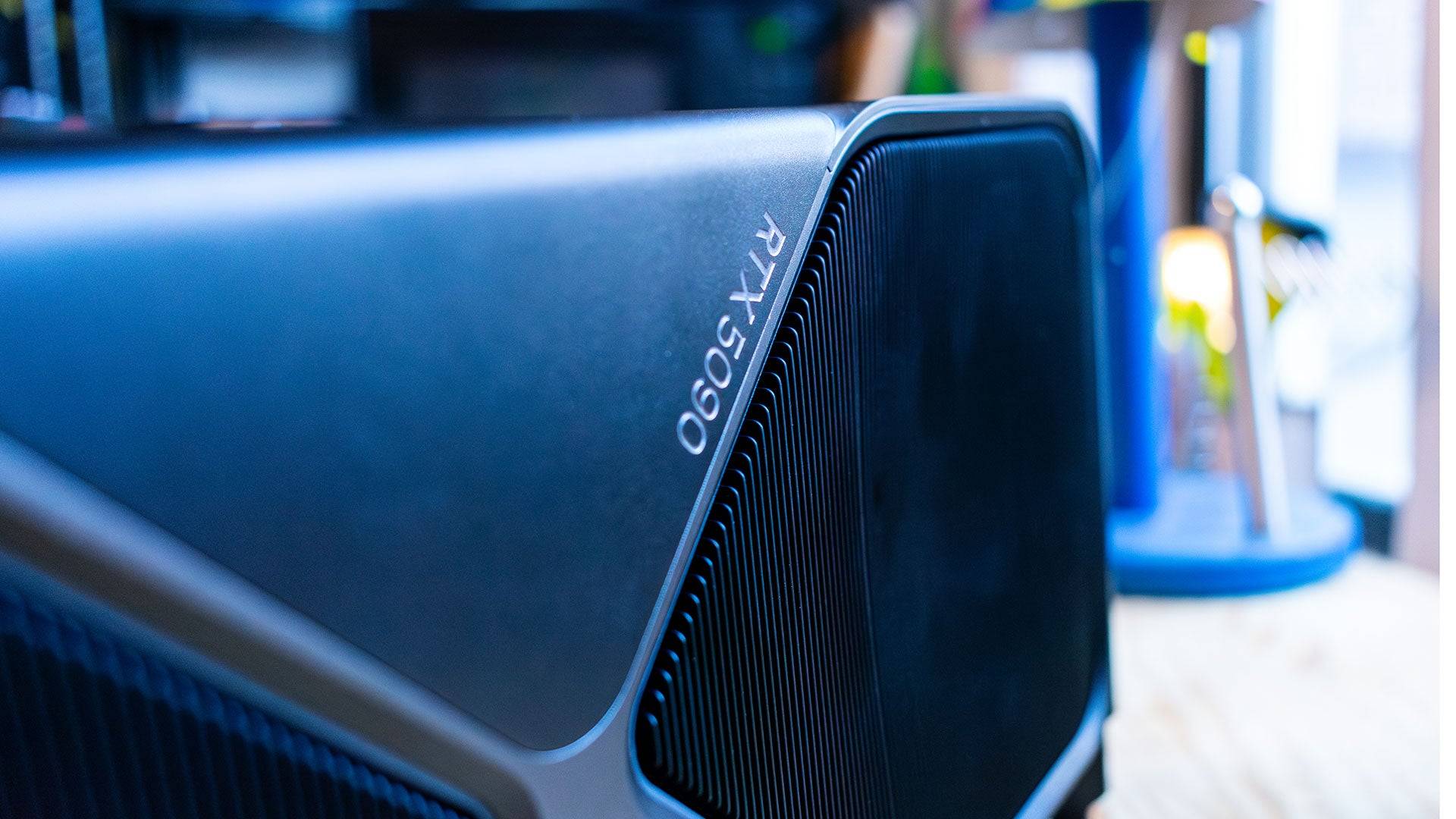
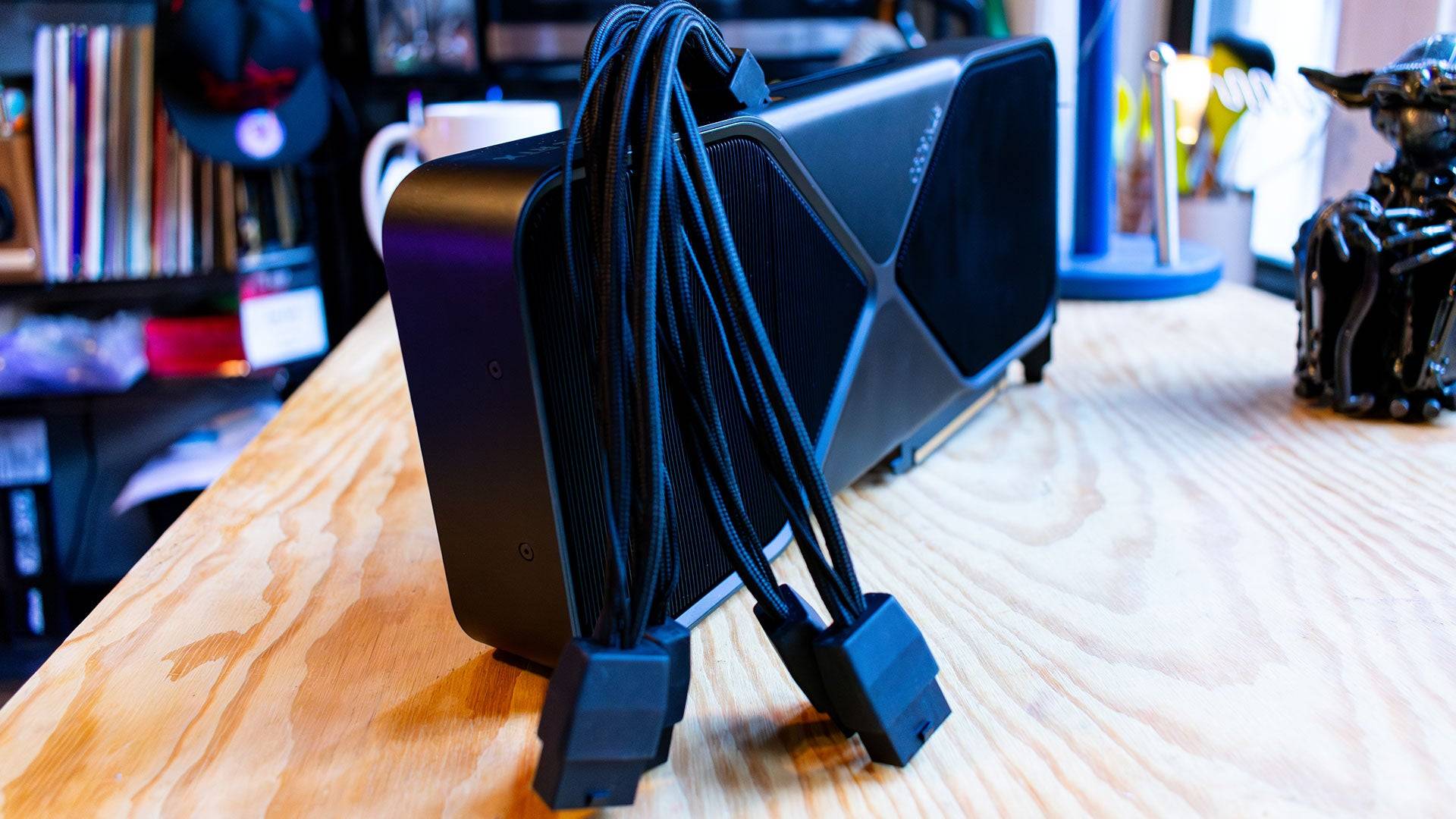 5 Images
5 Images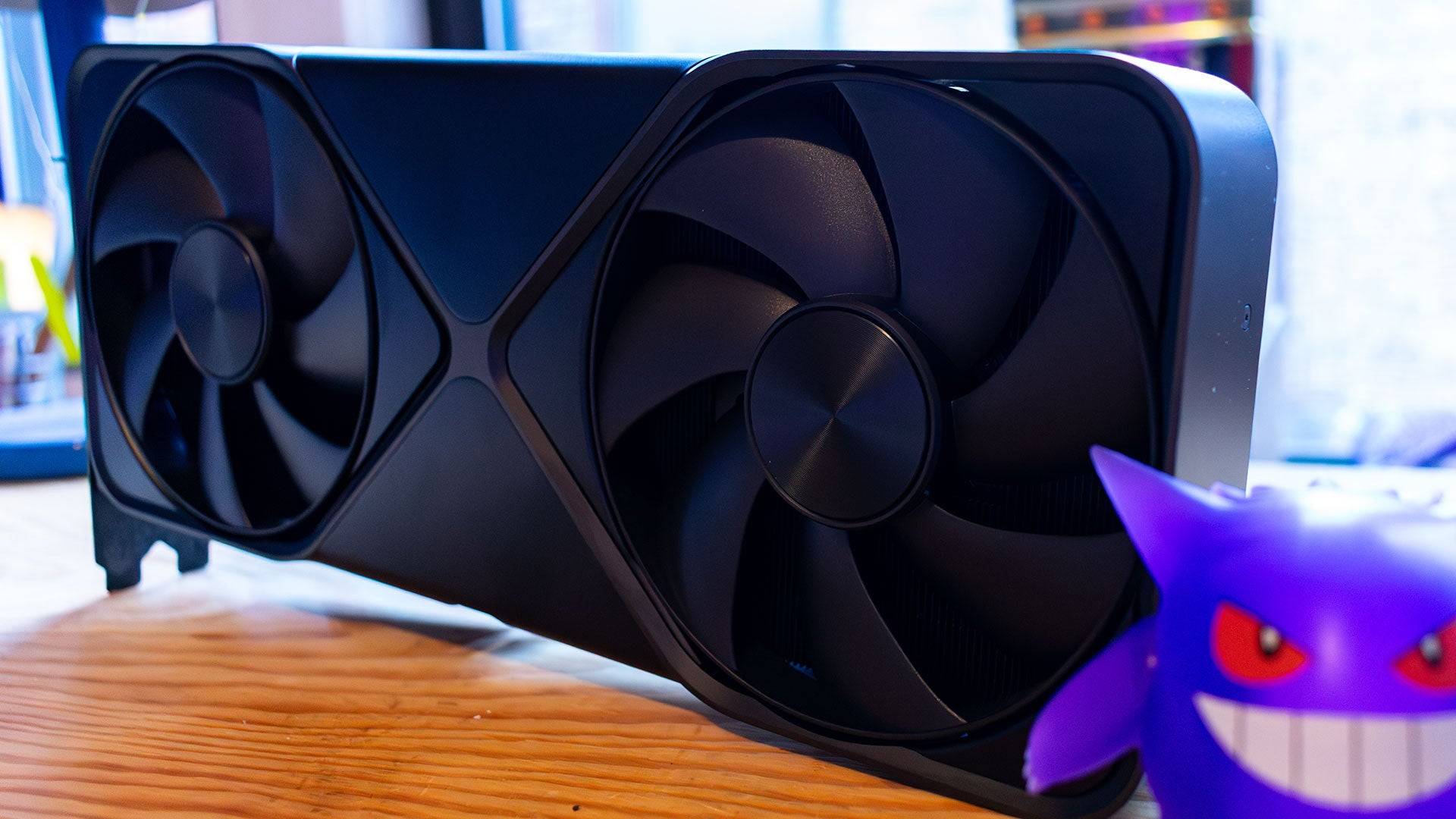
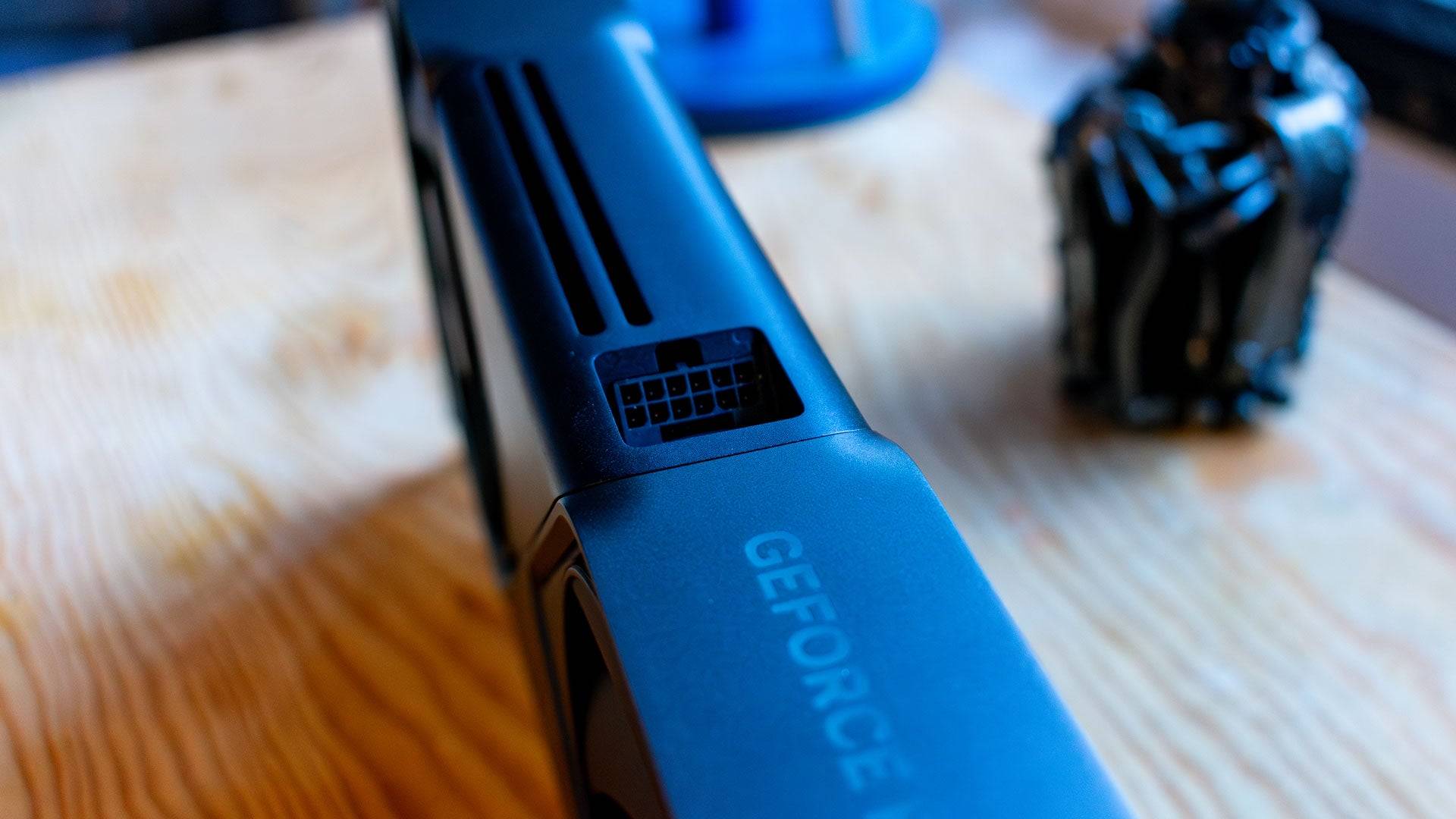
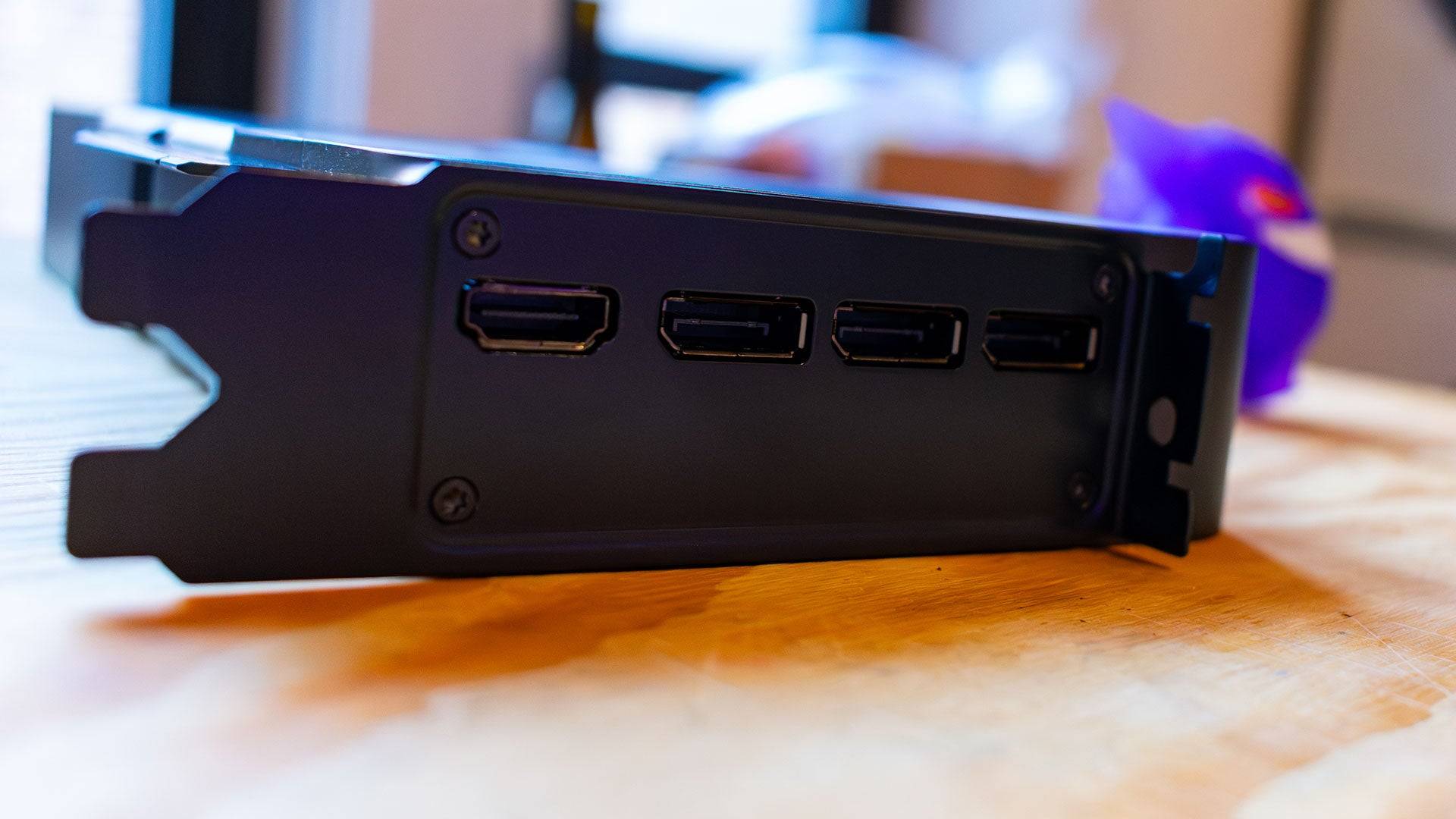
Retailers have echoed these concerns, particularly regarding the RTX 5090. Overclockers UK claims to have received only "single digits at present," while last week it reported having just a "few hundred" RTX 5080 GPUs available for the launch. U.S. retailer PowerGPU has also weighed in, tweeting that "The launch of the RTX 5090 will be the worst when it comes to availability."
In response to the growing concerns, Nvidia's Tim@Nvidia posted a statement on the company's official forum titled "GeForce RTX 50 Series Availability," which reads:
"We expect significant demand for the GeForce RTX 5090 and 5080 and believe stock-outs may happen. Nvidia and our partners are shipping more stock to retail every day to help get GPUs into the hands of gamers."
As fears of limited stock escalate, scalpers are already taking advantage of the situation. Listings for RTX 5090 GPUs have appeared on eBay as "pre-sale," with one such listing showcasing an Asus ROG Astral RTX 5090 available for an astonishing $5,750 from a collectibles reseller. This represents a 187% markup over the card's original $1,999 MSRP.
Amid the excitement of the new GPU launch, Nvidia faces additional challenges. The company's share price tumbled by 16.86% on Monday following the emergence of the Chinese AI model DeepSeek, which claims to have been trained for just $6 million. This development poses a potential threat to Nvidia's datacenter GPU sales prospects.
 Home
Home  Navigation
Navigation






 Latest Articles
Latest Articles










 Latest Games
Latest Games




![Chubby Story [v1.4.2] (Localizations)](https://imgs.xddxz.com/uploads/85/1719638042667f981a5e9f8.jpg)

![Zia – New Version 0.4 [Studio Zia]](https://imgs.xddxz.com/uploads/47/1719569268667e8b74e6004.jpg)




